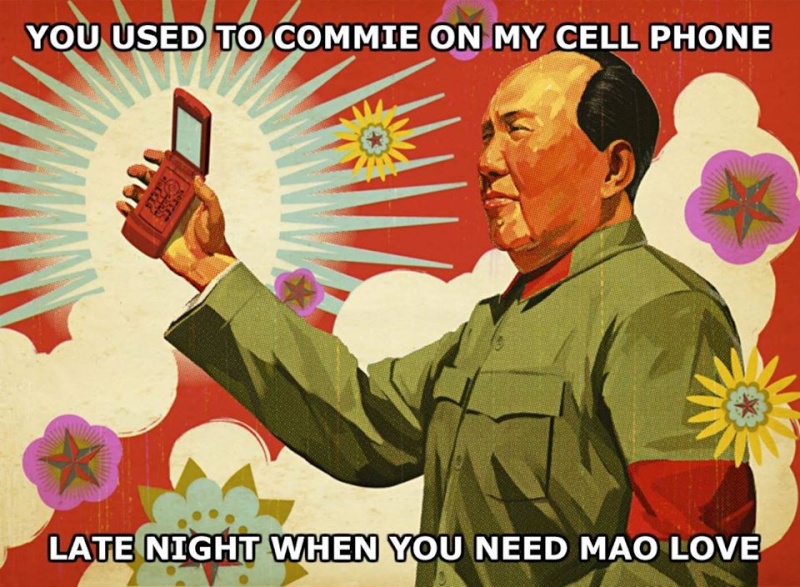Secretary Gates said collaborative efforts provide opportunities to build knowledge and trust between the two nations' defense institutions.
Secretary Gates said he and Vietnamese Defense Minister Lt. Gen. Phung Quang Thanh agreed last year to establish a mechanism to allow senior representatives from their countries' defense ministries to discuss the full range of bilateral, regional and global security issues of common interest. The first Defense Policy Dialogue held here in August was "the capstone achievement" in the growing cooperation between the two militaries, he added.
"This dialogue brings together senior-level leaders to advance our defense relationship through regular and open discussions -- conversations that we look forward to continuing in Washington, D.C., next year," he said. "While we do not and will not always agree, it is critical that we remain willing to discuss these differences -- for example, on human rights issues -- candidly."
Going forward, Secretary Gates said, Pentagon officials are increasingly looking to establish new areas of cooperation.
"First, we are working to expand our collaboration on humanitarian assistance operations and to support Vietnam's own development of greater capabilities in this area," he said. "For example, the United States Pacific Command has responded to a Vietnamese request for assistance and is working with the government of Vietnam to construct medical clinics in Thua Thien Hue province, build schools and centers for disabled children and provide relevant training for Vietnamese doctors."
The hospital ship USNS Mercy has conducted two medical engagements in Vietnam since 2008, Secretary Gates noted, providing treatment and surgery for hundreds of patients. The ship's medical staff worked with their Vietnamese counterparts on approaches to treatment, he added, and technicians repaired 35 pieces of medical equipment worth $4 million.
Disaster relief is another area with potential for expanded cooperation, the secretary said. Noting that recent flooding in Vietnam's central provinces left more than 50 people dead and forced 20,000 more to leave their homes, Secretary Gates expressed condolences to those affected and said the U.S. stands ready to help the Vietnamese government in its response efforts. He pointed out that collaboration on disaster relief already is well under way.
"An important component of disaster relief is search and rescue operations," he said. "Over the past few years, 45 Vietnamese military officers have been certified as combat lifesaver instructors through the U.S. Army here in Vietnam and are now sharing their expertise with many more. This year, we look forward to hosting two Vietnamese officers at our Search and Rescue Operations and Planning School for the first time."
Secretary Gates cited maritime security as an area of mutual concern for the U.S. and Vietnam, and said two U.S. ship visits in the past year demonstrate progress in maritime cooperation between the two nations. He said he is pleased that Vietnam has participated in several regional maritime exercises, and he expressed the hope that Vietnam will participate in future exercises.
The bilateral relationship between the U.S. and Vietnam is important not only to the two countries, but also to the region, Secretary Gates said.
"Today, Asia is home to some of the most dynamic, rapidly evolving democratic nations in the world -- especially here in Southeast Asia," he said. "Southeast Asian nations sit astride key global trade routes, are home to diverse ethnic and religious populations, are playing a leading role in promoting Asian regional institutions, and, increasingly, are stepping forward as vital security partners on a range of regional and global challenges."
Core issues in the region such as trade, natural disasters, territorial disputes, terrorism and piracy require multilateral cooperation, Secretary Gates said, and strong bilateral relations among all Pacific nations -- critical on their own -- build the trust and familiarity necessary for multilateral institutions and initiatives to work.
Growing beyond the past means discarding Cold War ways of thinking about U.S. defense strategy and Asia's overall security architecture, Secretary Gates said. Vietnam has been a leader in promoting multilateral cooperation, he added, citing Vietnam's chairmanship of the Association of Southeast Asian Nations this year as an example.
"In fact, Vietnam's vision to push forward on such collaboration is one reason I'm here today," he said. "The inaugural meeting of the ASEAN Defense Minister Meetings Plus Eight is (Oct. 12). This meeting represents a historic and very welcome move to a higher level of regional security dialogue, with defense ministers formally coming together for the first time to build tangible cooperation on a range of issues.
"By allowing us to more regularly exchange views and develop operational infrastructure for future efforts," he continued, "this forum will build trust and transparency regionwide. It is an important manifestation of the commitment of all our governments to a secure and peaceful future for Asia."
Today's level of military cooperation between the U.S. and Vietnam builds a foundation for the next generation of military leaders in both countries, the secretary said. Next year, he told the audience, Vietnam plans to send an officer to the U.S. National War College and another officer to the U.S. Naval Staff College.
"The generation rising now has little or no personal memory of a time when our nations weren't friends," Secretary Gates said.
Read more: http://www.defencetalk.com/gates-seeks-expansion-of-us-vietnamese-cooperation-29409/#ixzz1P3Bchz6E







